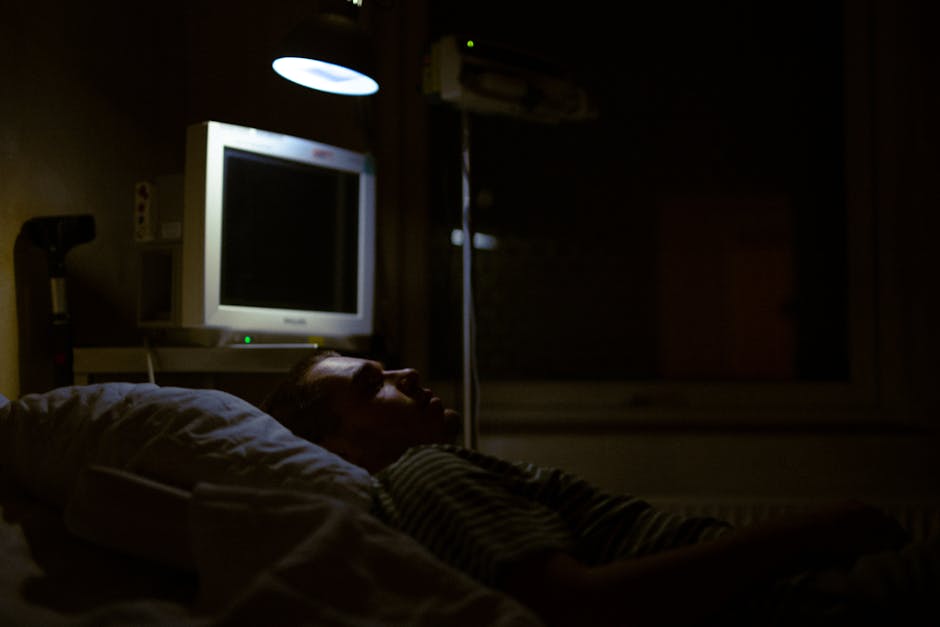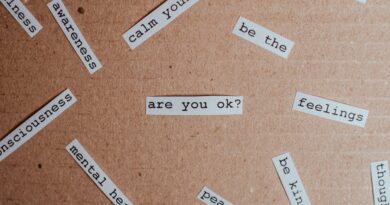Finding Light: Patient Stories of Recovery
Have you ever felt lost in a dark tunnel, unsure if theres a way out? Many patients have faced this feeling when battling health issues. Yet, countless stories reveal that recovery is possible, even when hope seems distant. Lets dive into these inspiring journeys and discover how patients overcame their struggles.
What Does Recovery Mean?

Recovery isn’t just about getting better physically. it’s also about emotional and mental healing. For some, it means returning to everyday life. For others, it’s about finding a new normal. Everyone’s journey is unique.
The World Health Organization defines health as a state of complete physical, mental, and social well-being. This means recovery can touch all aspects of life. Let’s explore some patient stories that illustrate this idea.
How Can Patient Stories Inspire Us?

Patient stories offer hope. They show us that even in the darkest times, light can shine through. These stories often highlight resilience, support, and the power of community. They remind us that we are not alone in our struggles.
Consider Sarah, a young woman who battled depression. After months of feeling lost, she found help through therapy and support groups. Sarahs story encourages others to seek help and not suffer in silence. Stories like hers can spark change in how we view mental health.
What Challenges Do Patients Face?

Recovery often comes with many challenges. Patients may struggle with:
- Physical pain or limitations
- Emotional ups and downs
- Isolation from friends and family
- Financial stress due to medical bills
Each challenge can feel overwhelming. However, many find strength in their support systems. Friends, family, and therapists can all play a role in helping patients navigate their recovery journeys.
What Role Does Support Play in Recovery?

Support is crucial for healing. It can come from various sources:
- Family: Loved ones can provide emotional backing and practical help.
- Friends: Social connections can alleviate feelings of loneliness.
- Support groups: Meeting others with similar experiences creates a sense of community.
- Healthcare professionals: Doctors and therapists guide patients through their recovery.
Take John, for example. After a car accident left him with severe injuries, he struggled with depression. His friends rallied around him, providing encouragement and companionship. With their support, John found the strength to push through his darkest days.
What Are Some Real-Life Recovery Stories?
How Did Emma Overcome Her Illness?
Emmas journey began with a chronic illness that left her fatigued and frustrated. She felt like her life was on hold. However, Emma decided to take charge. She began researching her condition and found a support group online.
With the help of others facing similar challenges, she learned coping strategies. She also started journaling to process her feelings. Over time, Emma regained her energy and passion. Today, she advocates for others with chronic illnesses, sharing her story to inspire hope.
What About Mark’s Battle with Addiction?
Mark struggled with addiction for years. He felt trapped in a cycle of substance abuse. One day, after hitting rock bottom, he sought treatment. Mark entered a rehabilitation program and attended daily meetings.
Through hard work and determination, he found the support he needed. Mark learned to replace his old habits with healthier ones. Now sober for over five years, he inspires others in recovery.
How Can We Support Those on Their Journey?
Supporting someone in recovery can make a big difference. Here are some ways to help:
- Listen: Sometimes, just being there to listen can provide comfort.
- Encourage: Celebrate small victories and provide positive reinforcement.
- Educate: Learn about their challenges to better understand their experience.
- Be patient: Recovery is a process that takes time and effort.
By offering your support, you can help someone feel less alone in their journey.
What Are Some Common Misconceptions About Recovery?
Many people have misconceptions about recovery. Lets clear a few up:
- Recovery is quick: Many believe recovery happens overnight. In reality, it can take months or even years.
- Recovery means complete healing: Some think recovery means being fixed. It often means learning to manage symptoms.
- Only certain people need help: Anyone can face health challenges, regardless of background.
Understanding these misconceptions can help reduce stigma and promote empathy.
What Are Actionable Takeaways?
Finding light in recovery is possible. Here are some key points to remember:
- Seek help when needed. it’s okay to ask for support.
- Connect with others. Community can provide strength.
- Be patient with yourself or loved ones. Recovery takes time.
- Celebrate small victories. Every step forward counts.
Recovery is a journey filled with ups and downs. However, with the right support and mindset, anyone can find their way back to the light.
Where Can I Learn More?
If you want to explore more about recovery and mental health, visit the National Alliance on Mental Illness at nami.org. They provide valuable resources and information.
Final Thoughts
Patient stories remind us that recovery is possible. They showcase the strength of the human spirit. Whether you’re on your own journey or supporting someone else, remember that hope shines even in the darkest times.
By sharing these stories, we can inspire others to seek help and find their light. Every recovery journey matters. Lets continue to support one another in this beautiful, challenging path we call life.



